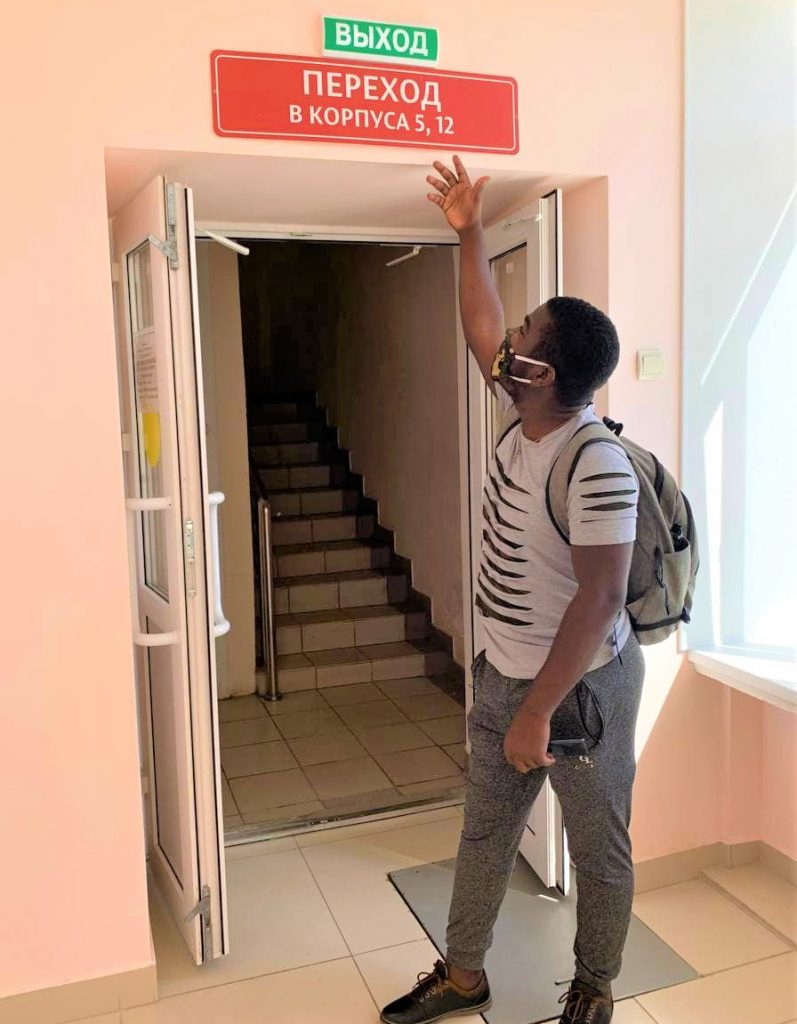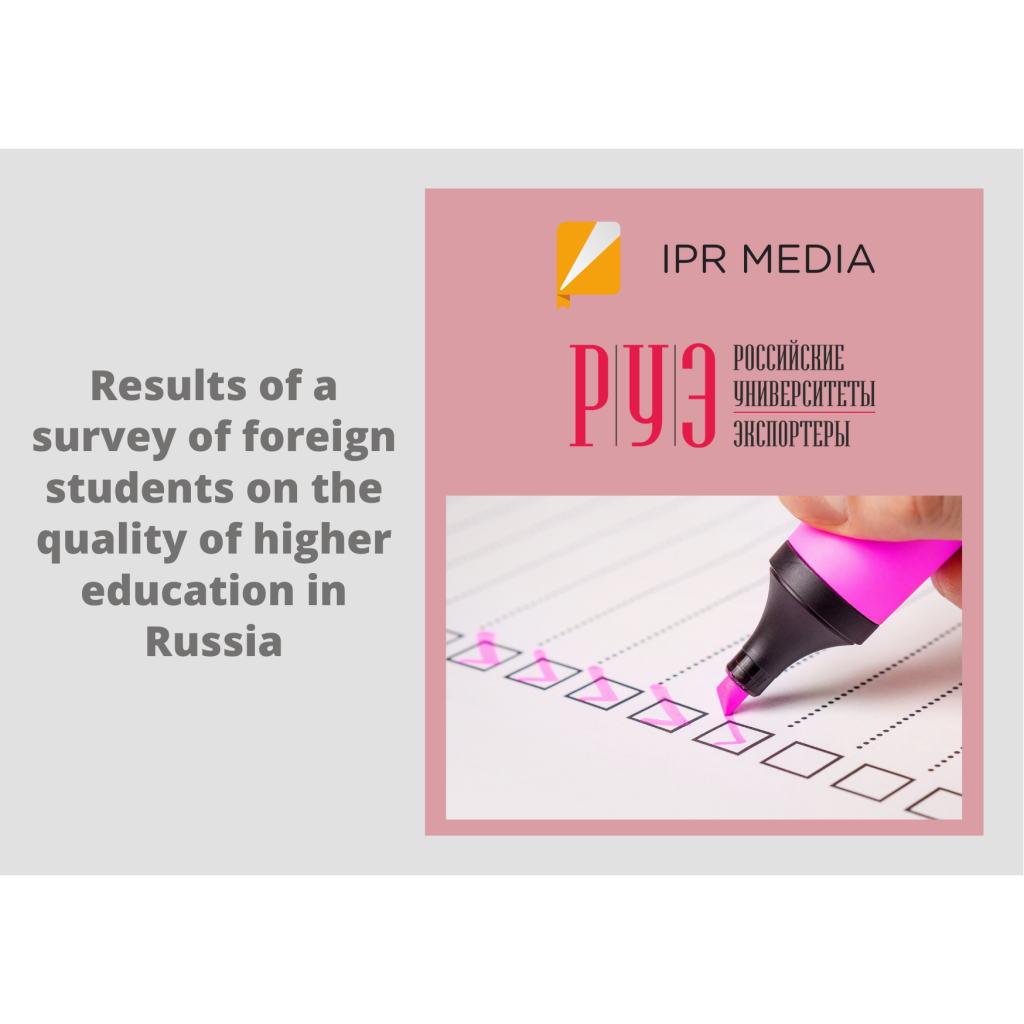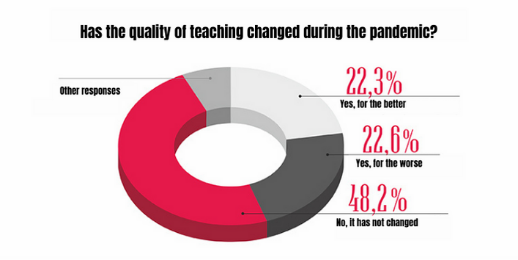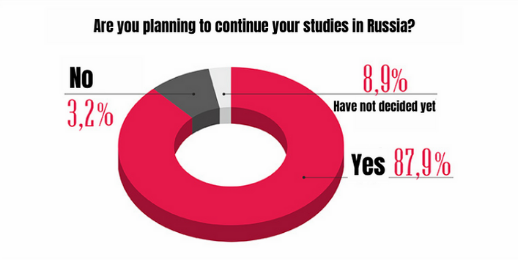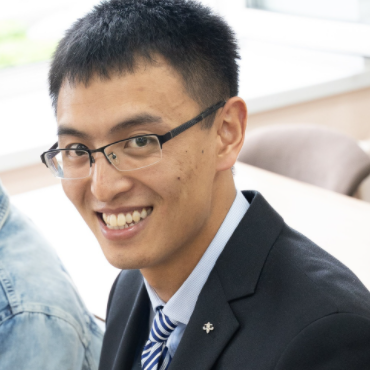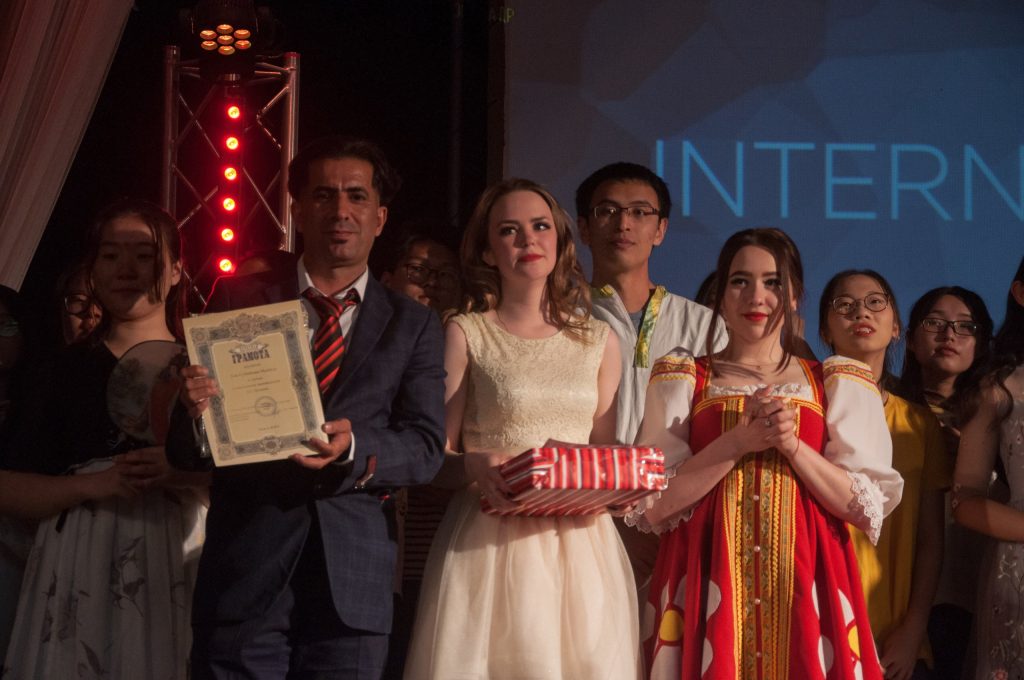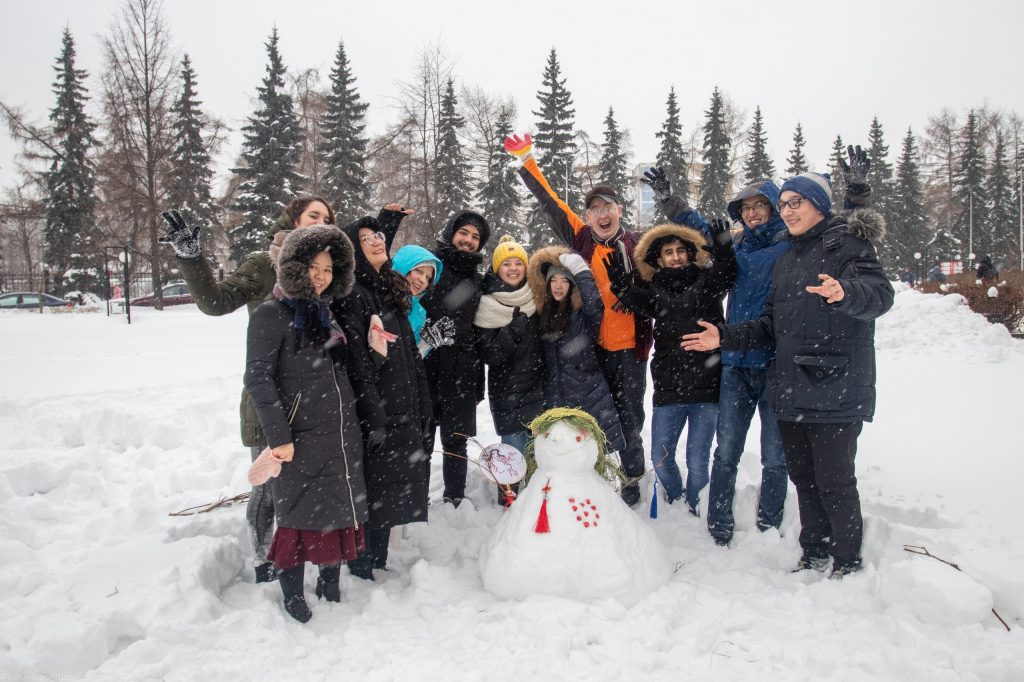Russian Language for Foreigners? Give It a Try!
International undergraduates studying in Perm will take part in the IV City Inter-University Olympics Test in Russian as a Foreign Language, to be held on 30 November (10am, local time), in an online format.
Students of preparatory departments and 1st year undergraduates are welcome to participate. Certificates will be given to all the contestants. The winners will receive special prizes.
To participate in the Test, you must record a presentation video, and fill out the form. The video should contain answers to the following questions:
- What is your name?
- How old are you?
- Where did you come to Russia from? (city, country)
- What is your future profession?
- Why did you choose to study in Russia?
- What are your hobbies or interests?
- How do you spend your spare time?
- What do you like about Perm?
The answers may be video-recorded via phone, photo- or video-camera, and must contain clear image and sound.
Applications are accepted until 17 November, included.
Please, look for a full application link below the post.
Be inspired – Previously, we told you how PSU International Students Succeeded in Global Russian Language Test.
